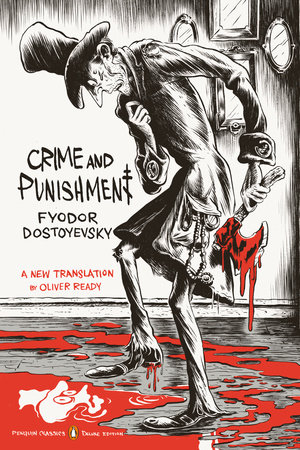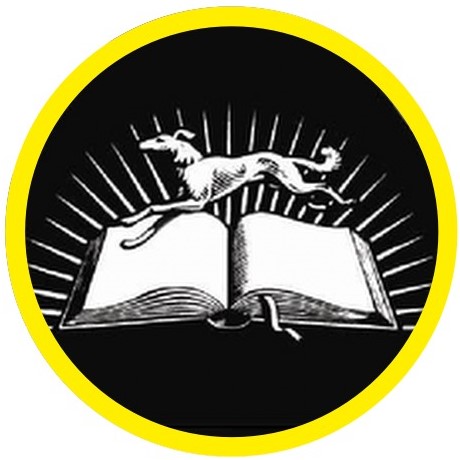| Last updated 7/6/2020. |
 |
Crime and PunishmentFyodor M. Dostoyevsky
|
|
First Publication: 1866 Category: novel/crime story Sales: ? |
Accolades (click on badges to see full lists): 








|
|
About the Book: “Few authors have been as personally familiar with desperation as Fyodor Dostoevsky, and none have been so adept at describing it.” BN In the two years before he wrote Crime and Punishment, his wife and brother died and the magazine he started with his brother collapsed. To try to get out of debt, he gambled away an advance for an unwritten novel AZ and “had to pawn his clothes and beg friends for loans to pay his hotel bill and get back to Russia. One of his begging letters went to a magazine editor, asking for an advance on yet another unwritten novel – …Crime and Punishment.” AZ The “tour de force of suspense” BN became “one of the most gripping crime stories of all time” BN and “catapulted Dostoyevsky to the forefront of Russian writers and into the ranks of the world’s greatest novelists. Drawing upon experiences from his own prison days, the author recounts…the story of Raskolnikov, an impoverished student tormented by…the struggle between good and evil.” AZ He “reasons that men like himself, by virtue of their intellectual superiority, can and must transcend societal law. To test his theory, he devises the perfect crime – the murder of a spiteful pawnbroker,” BN “an old woman…whom he regards as…good for nothing.” AZ Raskolnikov soon realizes the folly of his abstractions. Haunted by vivid hallucinations and the torments of his conscience,” BN he “confesses to the crime and goes to prison. There he realizes that happiness and redemption can only be achieved through suffering. Infused with forceful religious, social, and philosophical elements,” AZ “Crime and Punishment delineates the theories and motivations that underlie a bankrupt morality.” BN Resources and Related Links:
|
 |
In July 2018, I became the organizer of the Classic Novels Book Club. Check out the Book Club tab here or Meetup for more information. This is our August 2018 book. |













